Electoral lip service cannot hide ugly truths

The Human Rights Watch (HRW) has raised questions about ongoing systematic efforts to "quash the opposition and eliminate competition" ahead of the upcoming general elections in Bangladesh. In its report, the HRW has underscored mass arrests and politically motivated prosecutions that have left prisons overcrowded, and the justice system strained. Over the months, we have also expressed our concerns regarding such developments as well as pretrial detentions and rushed trials/convictions—all equally troubling. That these are being done with the election in mind is quite apparent.
Recent days have seen a number of alarming revelations and accusations. While the HRW noted the arrest of almost 10,000 opposition activists, the BNP said at least 16,625 members had been arrested since October, including most of its key leaders. BNP also claims that about half of its five million members "face politically motivated prosecution." Over the last three months, according to a Prothom Alo estimate, some 652 BNP leaders and activists have been sentenced, many in absentia, in at least 37 cases in Dhaka. November 20 alone, according to a report by this daily, saw the conviction of 112 leaders and activists in Dhaka and Rangpur—the highest in a single day. They were accused of unlawful assembly, obstruction of police work, vandalism, arson, and so on.
Meanwhile, the party office in Nayapaltan remains locked for a month. Reportedly, what was a vibrant space filled with activists before and on October 28, the day BNP held its ill-fated rally, now lies empty, with leaders and activists fearing being arrested should they make an appearance. The simultaneous abandonment and continued heavy guarding of the central office of the main opposition party further symbolise the shrinking of political spaces in the country. What's more worrying is the likely effect of this suffocating environment: with the opposition camp nearly incapacitated, it essentially eliminates any viable challenge to the ruling establishment and makes the possibility of a fair and credible election all but impossible, as the HRW has suggested.
Against this backdrop, how much credibility does the electoral lip service being continuously paid by the Election Commission hold? Recent reports suggest that with the organisational capabilities of BNP severely weakened, Awami League is "looking" for rivals in so-called independents, "dummy candidates" and rebels—the very people it once derided—to give its expected win a veneer of legitimacy. This only confirms suspicions about an effort to compromise the integrity of the election.
We remain deeply worried about the larger fallout of this state of affairs. A free and fair election is vital to establish people's power and the rule of law and accountability. The nation's aspirations cannot be sacrificed or compromised for the parochial interests of a few. We, therefore, urge the higher authorities to respect the desires of the people and ensure that they find a way back to political reconciliations and a smooth democratic transition.

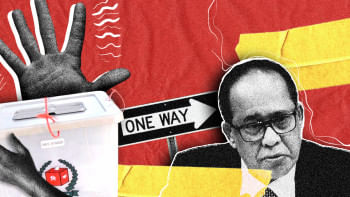
 For all latest news, follow The Daily Star's Google News channel.
For all latest news, follow The Daily Star's Google News channel. 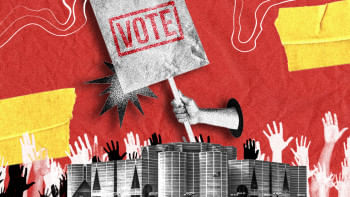
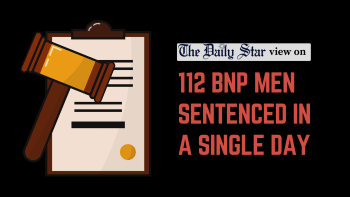
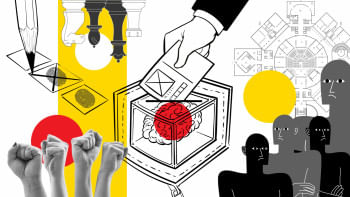



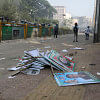
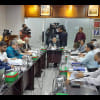

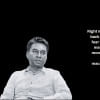


Comments